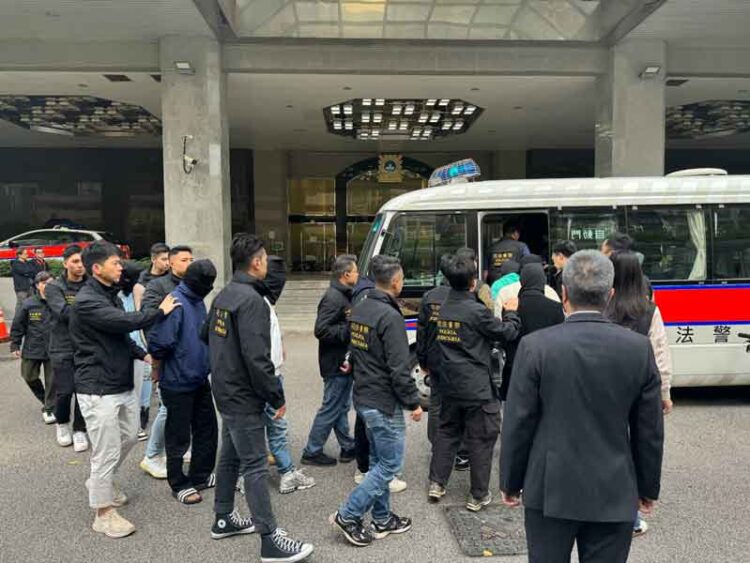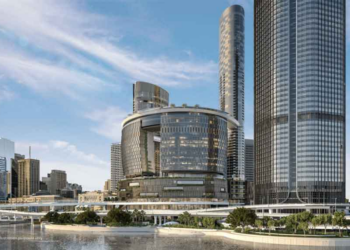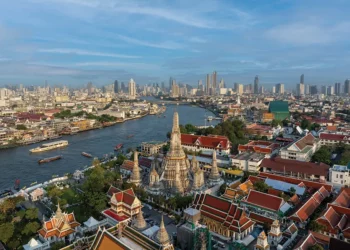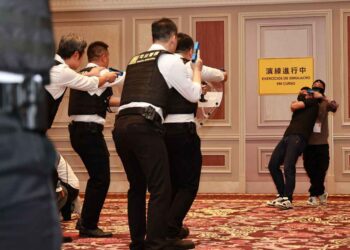Industry experts have told Inside Asian Gaming that the number of money exchange gang members operating inside Macau’s casinos and integrated resorts has been reduced by as much as 90% since the law on illegal gambling offences came into effect last month.
Their comments come with Macau and mainland police having announced a series of arrests in recent weeks, including a joint operation that saw 13 people arrested for engaging in money exchange activities in the vicinity of a number of casinos on Tuesday.
Macau’s Illegal Gambling Law came into effect on 29 October, imposing up to five years’ imprisonment on anyone who engages in illegal money-change activities for gambling purposes. On the day the law came into effect, the Judiciary Police arrested two members of a money-exchange gang for criminal offenses, with many other arrests in the month since..
Speaking with IAG, Macau junket industry representative U Io Hung said the number of money exchange gangs operating in Macau’s casinos and resorts had decreased significantly.
“I estimate that there has been a reduction of more than 90%, and now the security guards of casinos will immediately notify the police when they find money changers,” he explained.
“The number of money exchange gangs has decreased significantly since the law came into effect, and the number working in casinos and resorts has decreased a lot.”
They have not been eradicated completely, however.
“Although money changers are now regulated by criminal laws, they will exist as long as there is a demand in the market,” U explained. “The existing rules for legal money changers in casinos require the use of cash, but 90% of the players are mainlanders who are accustomed to using electronic payment, and money changers provide a channel for electronic payment, so there is room for them to survive”.
 A solution, U suggests, is for the money exchange industry to catch up with the times and called on the government to reconsider its insistence on the use of cash, otherwise money exchange gangs will continue to have a market.
A solution, U suggests, is for the money exchange industry to catch up with the times and called on the government to reconsider its insistence on the use of cash, otherwise money exchange gangs will continue to have a market.
The President of the Macau Responsible Gaming Association, Billy Song Wai Kit, agreed that while money exchange gangs are difficult to eradicate completely, they are significantly less common than in the past with criminalization having proved an effective deterrent.
“With the increased deterrent effect, money changers will not be so brazen, and we can see that they have tightened up in public places, as they used to be seen in shopping malls, hotels and casinos,” he said.
Song added that the criminalization of money exchange gangs has not had a significant impact on the gaming industry because not many people use them as a major source of funds.
“There will always be people who use illegal channels to make a living, but will these people affect gaming revenues much? They will not.
“We can see that the impact is not significant. The criminalization of money exchange gangs has been in the news for a long time, and we can see that the GGR in October has reached a record high, which shows that the impact is not significant.”
Macau’s Gaming Inspection and Coordination Bureau (DICJ)
DICJ announced GGR of MOP$20.8 billion (US$2.6 billion) in October, the highest in a single month since the January 2020 COVID outbreak, and an increase of nearly 20.5% month-on-month.
In Song’s view, the government has also been publicizing the seriousness of illegal money changing practices over the past month, which to some extent has made visitors to Macau wary of money exchange gangs.



































